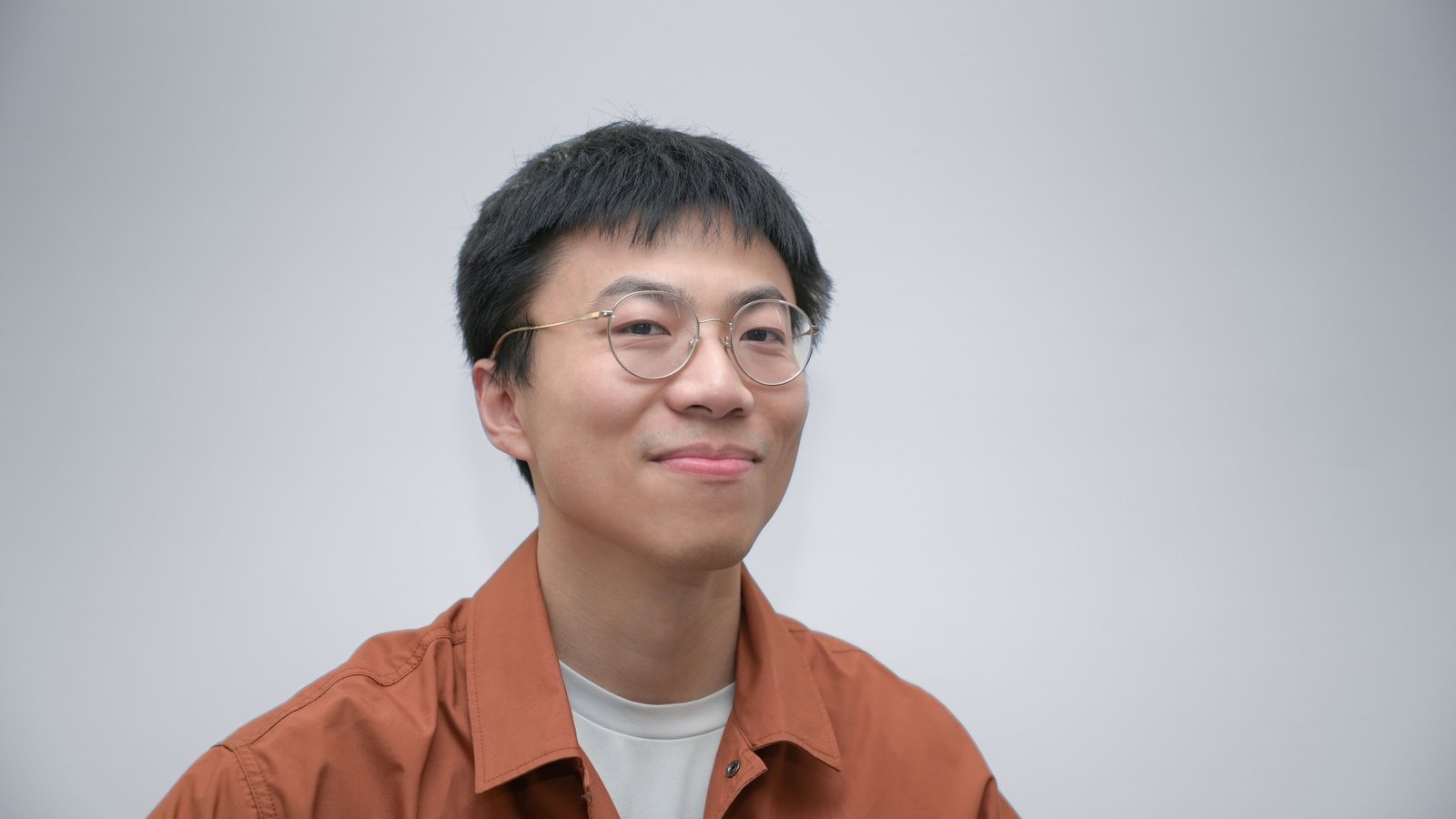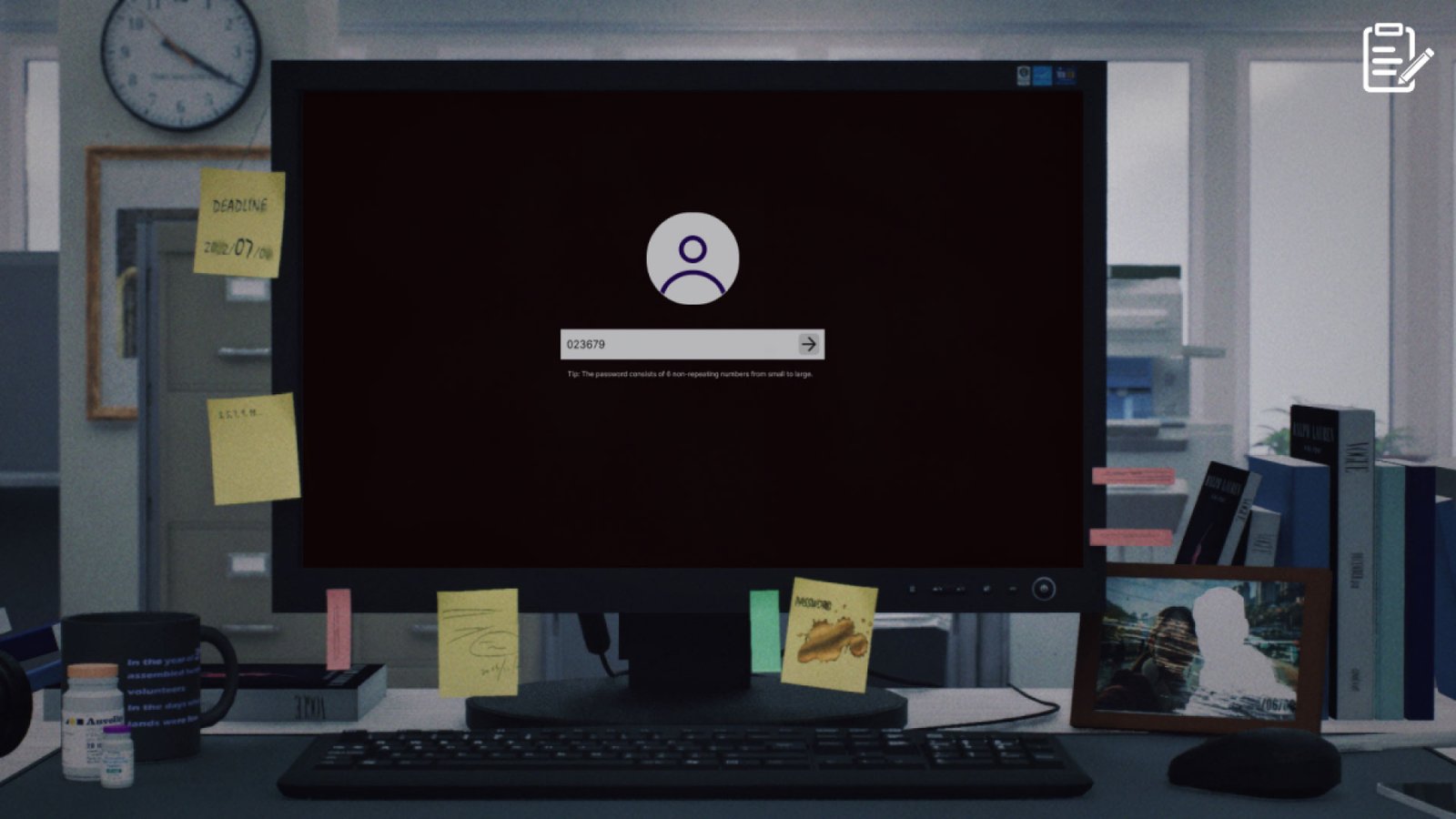
An Interview with Shuoqi Xiong about Architectural Design
May 21, 2025
Building Stories: Yujin Cao Redefines with Architecture & Public Spaces
May 21, 2025
An Interview with Shuoqi Xiong about Architectural Design
May 21, 2025
Building Stories: Yujin Cao Redefines with Architecture & Public Spaces
May 21, 2025INT GAMES STUDIO
INT GAMES STUDIO is a duo, with Qiuyan handling narrative design and puzzle mechanics, while Angela focuses on art direction and programming. Both bring extensive experience from commercial game companies, blending creativity and industry knowledge into their projects.
Qiuyan and Angela: Hello! Yes, we’re truly honored to receive this award. We are INT GAMES STUDIO, currently a two-person team.
Qiuyan: I’m primarily responsible for narrative design and puzzle mechanics.
Angela: I focus on art direction and some programming.
Qiuyan and Angela: We both have experience working in commercial game companies and bring extensive industry knowledge to our studio.
After working in the commercial gaming industry for a while, we gradually realized that although games are a powerful medium, it was difficult to tell the stories we truly cared about within the constraints of a highly commercialized system.
This sense of limitation prompted us to consider stepping outside the traditional model to explore a more meaningful and human-centered creative path. So we decided to leave our previous positions and start creating independent games together.
Over time, our passion evolved—from an initial curiosity and love for game development to a clearer creative vision: using games to reflect on social issues and express our concerns for individual experiences and group dynamics.
We founded INT GAMES STUDIO, an independent game studio dedicated to expressing humanistic care through the language of games. We believe games are not just tools for entertainment, but powerful narrative media with emotional and expressive potential. Our mission is to create interactive works that resonate with people and inspire reflection.
Our creative process is guided by lived experiences and close observation of real-world issues—especially those often overlooked or normalized, such as workplace alienation, emotional detachment, and the erosion of personal value.
Through our games, we aim to explore these topics and invite players to think more deeply.
Our current project, BUG, was born from these creative ideals. It was inspired by our own experiences working in big internet companies, as well as the news reports and social phenomena we observed. In such environments, we felt firsthand how individuals became alienated under high-pressure systems, gradually losing their sense of self in a culture of performance metrics and excessive overtime.
The word "BUG" symbolizes not only technical errors but also the unfixable cracks in human systems. In the game, players take on the role of an HR manager investigating the disappearance of a top employee. As the investigation deepens, an absurd and satirical reality begins to unfold. It reflects the psychological burnout and emotional toll suffered by workers in today’s workplace.
At the same time, we were deeply influenced by literature and film. Kafka’s The Metamorphosis offered symbolic inspiration—its depiction of a man turning into a bug and being rejected by his family and society echoes the way workers in real life can feel invisible or discarded. Films like American Psycho and Chaplin’s Modern Times also shaped our tone and narrative style, using dark humor and absurdity to critique the struggles of individuals under capitalist systems.
Through BUG, we want to give voice to those who are exhausted by these systems, and encourage players to reflect on conditions that may have become normalized in their own lives. This is our first game, and it marks the beginning of our journey toward creating more expressive and impactful works.
One of the most innovative features of our game is the use of a simulated computer desktop as the core mechanic for both puzzle-solving and storytelling. Players interact with a virtual office environment—searching through files, reading emails, and using keywords to uncover hidden truths.
This design draws inspiration from games like Her Story and The Operator, but we’ve added original mechanics tailored to our narrative and themes.
The entire game takes place within a realistic, tense office setting. Our goal is to create a highly immersive experience where players can genuinely feel the stress and alienation of modern work culture, deepening both emotional impact and engagement.
Currently, our team consists of just two members, so we each take on multiple roles. One of the most unexpected challenges has been programming, as neither of us are professional programmers. We've often had to learn from scratch and rely on trial and error to implement the features we envision.
To manage this, we prioritize tasks based on feasibility and impact, focusing on elements that meaningfully enhance the player experience. As development continues, we plan to expand the team—especially by bringing in dedicated programmers to help with system optimization and technical polish.
This is indeed a recurring challenge for us. With limited technical resources, we adapt our creative ideas to fit within what’s feasible. For example, instead of fully animated CG sequences, we use live-action footage combined with UI design, which not only saves on production costs but also enhances the blend between virtual and real, aligning well with our narrative tone.
We hold to the belief that creativity is the soul, and technology is the tool. Even if we can’t implement complex systems, we always seek alternative solutions to preserve the core of our ideas.
We believe that reflection on modern society and lifestyle will be a key trend shaping the future of games. In recent years, many outstanding games and films have begun exploring themes such as personal alienation, identity, and the challenges of living under capitalist systems—raising fundamental questions like “Who am I?” and “What does it mean to live meaningfully?”
As society evolves, more people are turning their attention to mental health and emotional well-being. We anticipate a wave of games that move beyond entertainment to explore human emotions, social structures, and existential questions—positioning games as a medium for cultural and philosophical dialogue.
We hope our game helps players step into a third-person perspective, prompting them to reflect on their lives and society. Many people live in a state of burnout, unaware of how much pressure they’re under or whether their current lifestyle truly aligns with their desires.
We aim to offer an immersive experience that, like a profound novel or film, encourages reflection and emotional resonance.
Having worked in various game companies, we’ve observed that while the industry now benefits from more funding and talent, genuine passion for creative expression is fading under increasing commercialization.
We started our studio to pursue a different path—one that preserves our ideals and explores the deeper cultural and social potential of games.
We greatly admire many indie developers, especially the original ZA/UM team behind Disco Elysium and Lucas Pope, creator of Papers, Please.
Their work proves that games can be thought-provoking, stylistically distinct, and socially meaningful. We would love to collaborate or exchange ideas with them someday.
BUG
INT GAMES STUDIO is a duo, with Qiuyan handling narrative design and puzzle mechanics, while Angela focuses on art direction and programming. Both bring extensive experience from commercial game companies, blending creativity and industry knowledge into their projects.
Explore the journey of Waving Bear Studio, the Gold Winners of the 2025 NYX Game Awards. They founded their studio in 2019, combining their skills in game design, programming, and art to create accessible games for families. Their mission is to bring popular genres like shooting and horror to younger players, offering fun, unique, and inclusive experiences.



